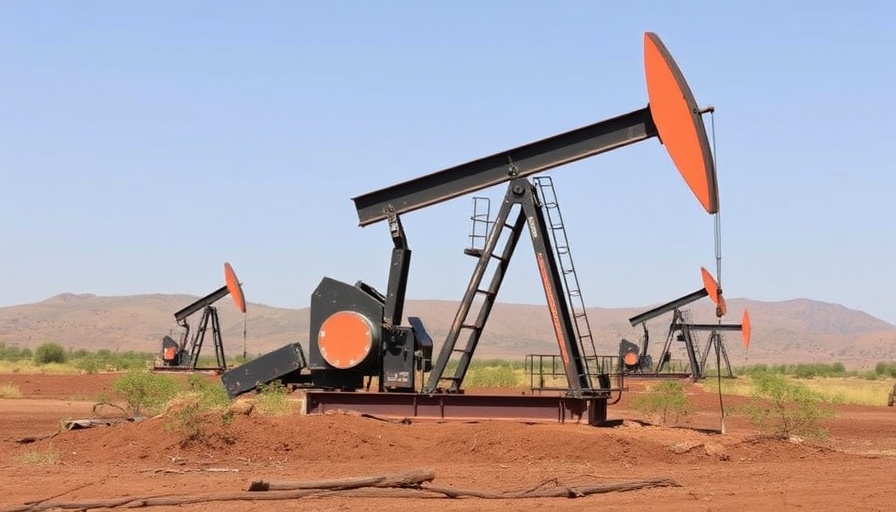
Understanding Africa's Place in the Global Mineral Economy
As the Organization of the Petroleum Exporting Countries (OPEC) continues to carve out its influence in the global oil market, Africa stands at a pivotal point in shaping its own mineral economy. The continent, blessed with vast natural resources, must strategically define its role in the global economic stage, particularly in light of shifting geopolitical dynamics and trade relationships.
Historical Context: Africa’s Resource Wealth
Africa is home to a significant portion of the world's mineral resources, including cobalt, copper, and gold. Historically, these resources have attracted foreign investment, yet they have also been a source of conflict and external exploitation. As nations like China deepen their engagement in Africa, advocating for mutually beneficial partnerships, the continent must seize this moment to negotiate better terms that bolster its economy and foster sustainable development.
The Role of Geopolitics in Africa’s Mineral Strategy
Geopolitical tensions shape global markets, and Africa's positioning within these dynamics is crucial. With the rise of global trade, particularly among emerging economies in BRICS, there is an opportunity for Africa to redefine its trade policies with entities like the EU and China. Africa's engagement must surpass mere resource extraction; it should aim for value addition, transitioning raw minerals into processed goods. This strategy not only enhances trade relationships but strengthens the regional economies.
Future Insights: Preparing for Shifts in Global Trade
As global approaches to resources evolve, African policymakers need to anticipate changes in demand and prices in international markets. The push towards renewable energy, for instance, signals a shift away from traditional fossil fuels. Thus, investing in new technologies and infrastructures becomes imperative for accessing and developing the diverse mineral potential. Likewise, enhancing relationships within global financial markets will ensure Africa can finance innovative projects that advance its mineral economy.
Actionable Steps for Stakeholders
For business leaders and policymakers, understanding the evolving landscape of Africa's mineral economy requires adapting to international trends and demands. Engagement through strategic partnerships, legal frameworks enhancing investor confidence, and robust trade agreements will help secure Africa's interests. Additionally, skill development for the local workforce in mineral-related industries will build a sustainable future.
In conclusion, as Africa looks to define its mineral economy in a world influenced by OPEC and global trade dynamics, it is crucial that stakeholders remain proactive. Aligning local interests with international trends will ensure that the continent not only participates in the global economy but thrives within it.
 Add Row
Add Row  Add
Add 


Write A Comment